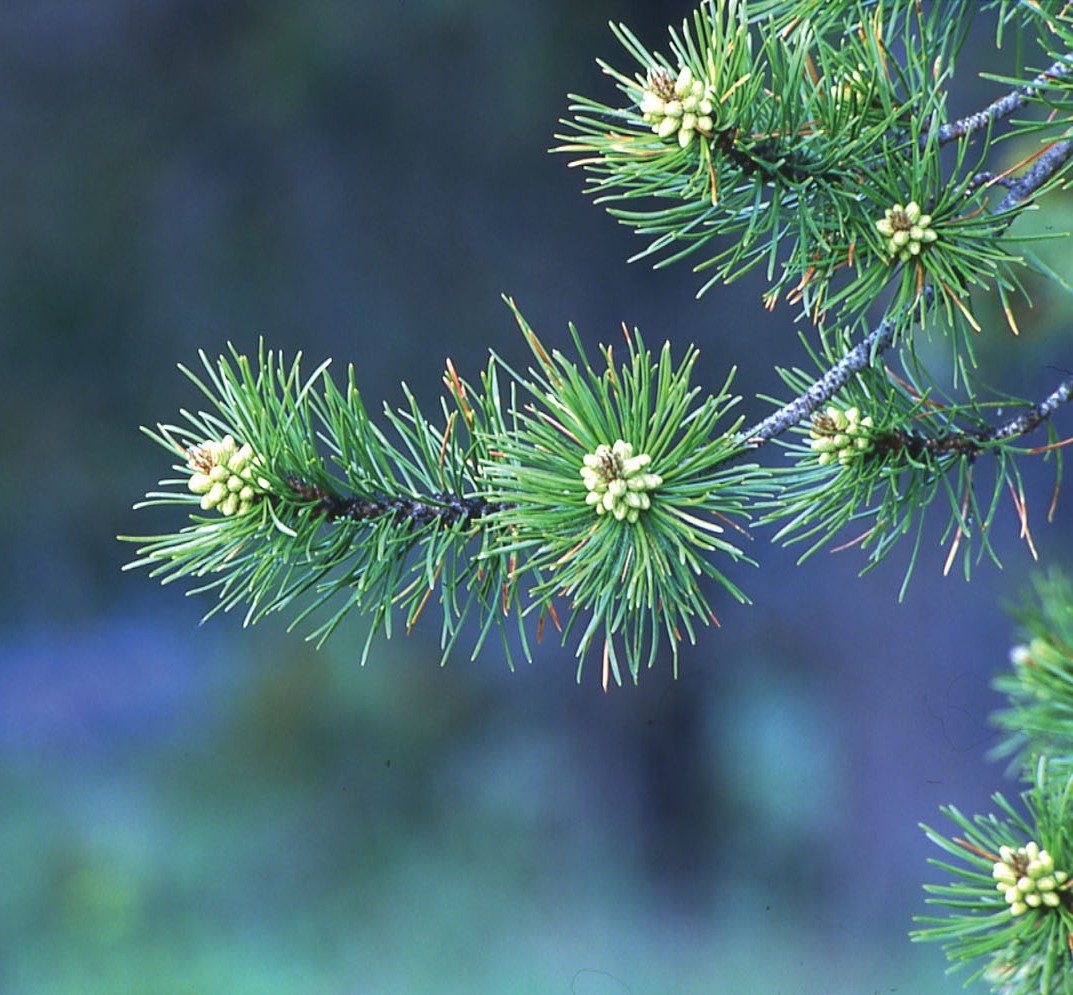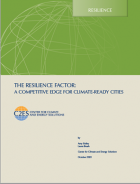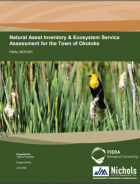The University of Alberta's Department of Renewable Resources and the Oil Sands Research & Information Network (OSRIN) hosted a day-long seminar entitled Resiliency of Reclaimed Boreal Forest Landscapes in January 2013. In presentations and discussions, participants grappled with the question of how (or if) resiliency can be measured and defined.
For a summary report on the day's presentations, see: Pyper, M.P., C.B. Powter and T. Vinge, 2013. Summary of Resiliency of Reclaimed Boreal Forest Landscapes Seminar. OSRIN Report No. TR-30. 131 pp.
The Alberta Land-use Knowledge Network captured several presentations on video to continue the discussion.
- Chris Powter, Executive Director of OSRIN - "Ecological Resiliency" - What Does it Mean for Oil Sands Reclamation?
- Clive Welham, 3Green Tree Ecosystem Services Ltd - Ecological Resiliency - Part One and Ecological Resiliency - Part Two
- Dr. Ellen Macdonald, Dept of Renewable Resources, UofA - Criteria and Indicators of Resilience
- Dr. Jim Schieck, ABMI - Ecological Resiliency: Measuring Degradation & Recovery
- Brett Purdy, Alberta Innovates - Ecological Resiliency: Is It a Meaningful Concept for Reclamation Regulation?
- Dr. Simon Landhausser, Dept of Renewable Resources, UofA - Plant Species Selection in the Functionality of Reclaimed Forest Landscapes
- Elisa Scordo, BGC Engineering - Landform Design for Resiliency: Closing Oil Sands Mines
- Dr. Suzanne Bayley, Dept of Biological Sciences, UofA - Ecological Resiliency of Alberta's Wetlands






